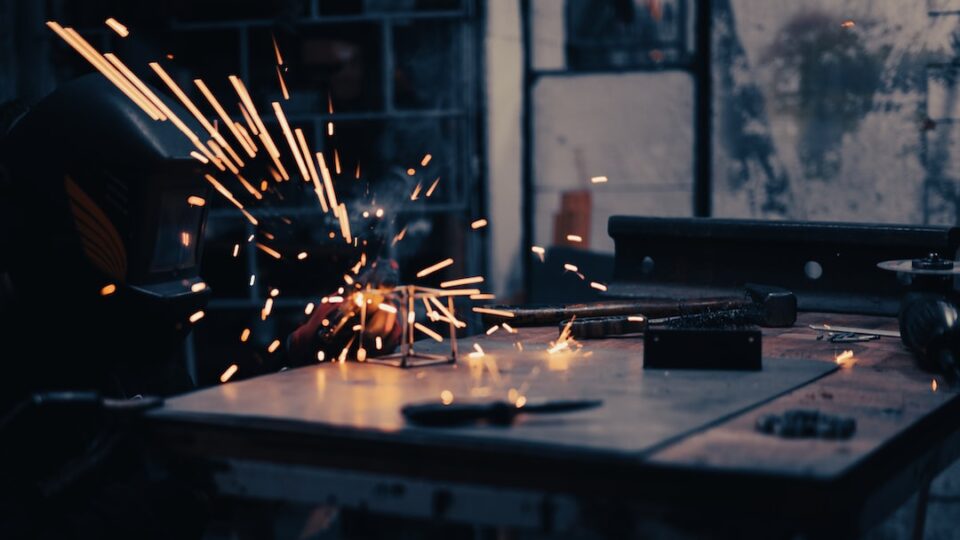The Impact of Automation on Manufacturing
The manufacturing industry has been revolutionized by the advancements in automation technology. Automation has completely transformed the way products are made, enhancing efficiency, productivity, and quality. The traditional manual labor-intensive processes have been replaced by sophisticated machines and robots, making manufacturing faster, more accurate, and cost-effective.
One of the significant impacts of automation on manufacturing is increased productivity. Automated machines can work tirelessly without breaks or fatigue, resulting in higher output and reduced production time. Manufacturing companies can now produce more goods in a shorter period, meeting customer demands more effectively. With automation, companies can streamline their production processes and eliminate mundane and repetitive tasks, allowing employees to focus on more complex and value-added activities.
Moreover, automation has also led to improved product quality. Machines can perform tasks with precision and consistency, minimizing human errors and defects. For instance, in the automotive industry, robots are used for welding, assembly, and painting tasks, resulting in standardized and flawless products. Automated inspections and quality control systems have become more sophisticated, ensuring that products meet the required specifications and minimizing the need for manual inspections.
Automation has also significantly reduced production costs. Although implementing automation systems can be expensive initially, it ultimately leads to long-term cost savings. Machines can operate continuously, reducing labor costs and dependency on human workers. Furthermore, automation reduces the risk of human errors, saving expenses on rework or product recalls. With automation, companies can achieve economies of scale by producing goods in large volumes, which further reduces per-unit costs.
In addition to productivity and cost benefits, automation has also paved the way for advanced and innovative manufacturing processes. Automation technologies such as Artificial Intelligence (AI) and Internet of Things (IoT) have enabled predictive maintenance, supply chain optimization, and real-time monitoring. Machines and robots equipped with AI are capable of learning and adapting, ensuring continuous improvement in manufacturing operations. With IoT, machines can communicate and collaborate with each other, leading to efficient coordination and synchronization of tasks.
Nevertheless, the widespread adoption of automation in manufacturing has raised concerns about the impact on employment. As machines take over manual tasks, there is a fear of job loss for human workers. However, history has shown that automation ultimately creates new job opportunities. The jobs that are replaced by automation are often of repetitive nature, highly manual, and physically demanding. As automation takes away these tasks, it opens up new roles that require more advanced skills, such as programming, maintenance, and managing automated systems. Companies can also create new job positions to oversee and optimize the automated processes.
To adapt to the changing manufacturing landscape, workers need to acquire new skills and embrace technology. Continuous learning and upskilling become vital for individuals to remain relevant in the automated manufacturing industry. Governments and organizations should invest in training programs to equip the workforce with the necessary skills and knowledge required for operating, maintaining, and managing automation systems.
In conclusion, automation has brought about a significant transformation in the manufacturing industry. It has revolutionized productivity, quality, and cost-effectiveness. While initial concerns about job losses exist, the automation revolution has also created new employment opportunities and roles. To harness the full potential of automation, it is crucial for companies and individuals to adapt, upskill, and embrace the technological advancements.

